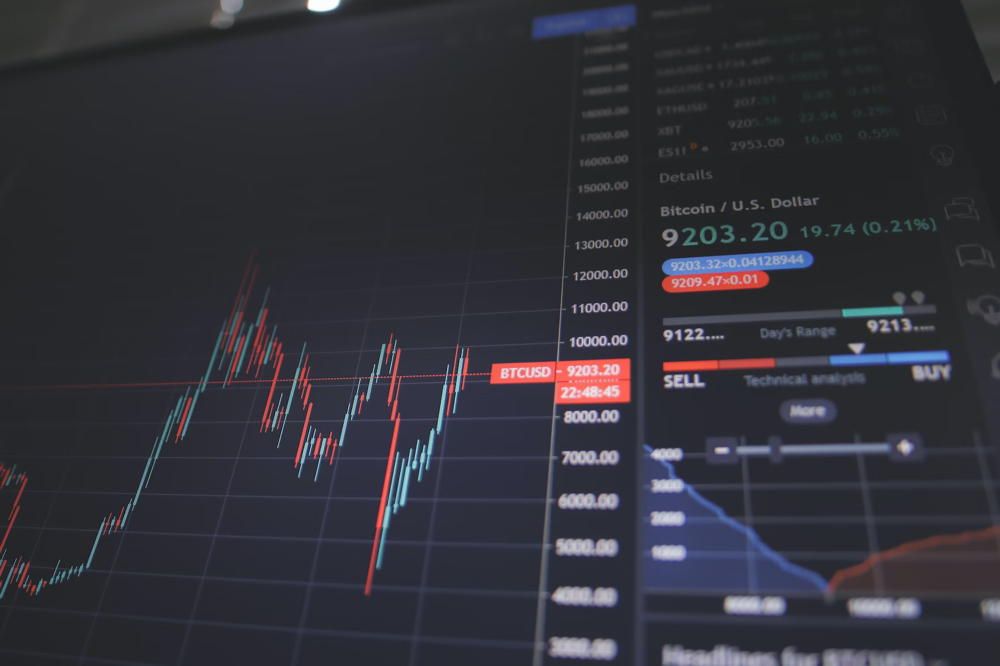Tech Investors Flee China As Political Tensions Worsen

Private capital fundraising in Asia-Pacific on track for 10-year low as VC funding in China drops nearly 55 percent, report finds
Private capital fundraising in Asia-Pacific is on track to hit a 10-year low in 2023 largely due to the shift of investors’ focus away from China, according to a new report by research firm Preqin.
The company found that funding for venture capital firms that focus on China had rapidly disspated in the second quarter as the country struggles with slow economic conditions as well as increasingly tight technology export restrictions imposed by the United States.
China-focused VC funds raised $2.7 billion (£2.1bn) in the April to June quarter, down 54.2 percent from the previous quarter, Preqin found.
The drop was a major contributor to a five-year low in Asia-Pacific VC fundraising for the quarter, the firm said.

Political tensions
“Fundraising in [Asia-Pacific] remains uncertain due to lingering economic issues and persistent geopolitical tensions, while investors remain cautious about returning to China,” analysts and Preqin wrote in a report.
The firm found the value of investment deals made by private equity firms in mainland China, Hong Kong, Macau and Taiwan dropped 55.8 percent in the second quarter compared with the first, reaching a post-pandemic quarterly low of $3.4bn.
The most significant VC deal during the second quarter was shopping app Shein’s raising $2bn, but that funding round valued the company at $66bn, about one-third lower than a year earlier, Preqin said.
State-backed think tank the China Academy of Information and Communication Technology said on Friday total investments in the Chinese internet sector fell 69.8 percent year-on-year in the second quarter, with the number of investment deals dropping 60.9 percent.
Japan tech deals
Japan registered the highest figures for deals in the region for the second straight quarter, with Japan-focused Advantage Partners raising the most at just under $1bn, Preqin said.
“This market is often perceived as lower risk, with relatively stable, albeit sometimes lower, returns. The depreciation of the Japanese yen against the US dollar has further added to its appeal to foreign investors, particularly real estate investors,” the company noted.
The firm said Japanese and South Korean private equity-backed deals in semiconductors and electric car supply chains were notable during the second quarter.
“We expect an increasing focus on advanced technologies across APAC as the technology race between China and the US intensifies,” it said.